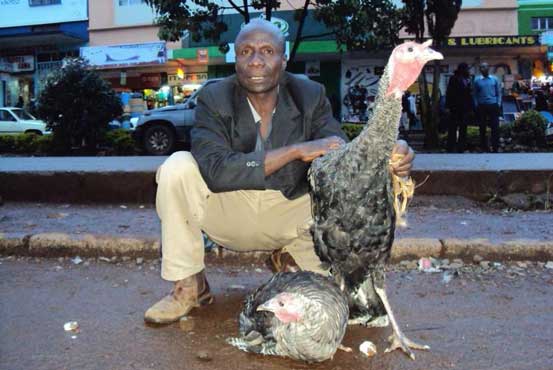×
The Standard e-Paper
Kenya’s Boldest Voice

NAIROBI, KENYA; As Kenya celebrated its first Christmas after independence in December 1963, a turkey shortage hit Nairobi butcheries.
Butchers were stretched to the limit as they struggled to meet the high demand for turkey meat.